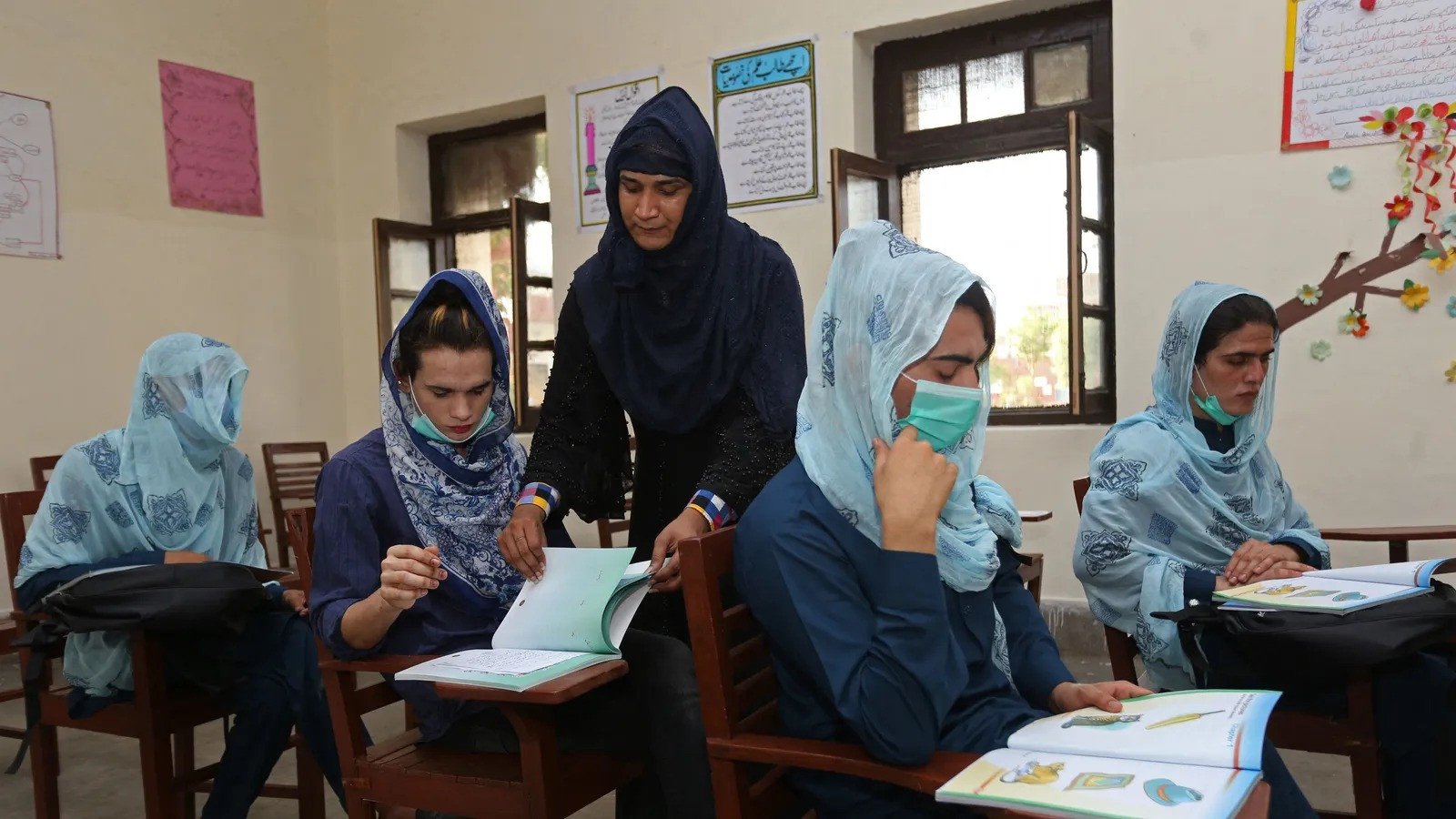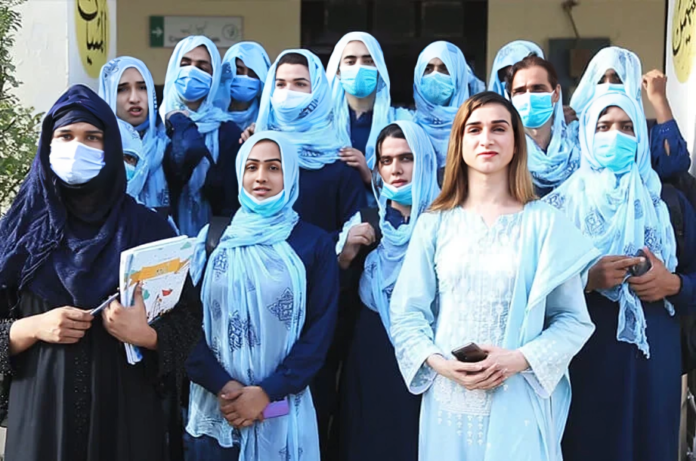The Transgender Education Policy, recently introduced by the Sindh government, represents a groundbreaking advancement in Pakistan’s educational system. This policy, the first of its kind in Pakistan, aims to dismantle the barriers faced by transgender students, ensuring they have equitable access to education. The policy’s goal is to create an inclusive, respectful, and supportive environment for transgender individuals in schools, setting a progressive standard in Pakistan.
A Milestone for Inclusive Education
Sindh’s Transgender Education Policy is a transformative initiative aimed at creating a supportive school environment. This policy emphasizes the right of every individual, regardless of gender identity, to access education without discrimination. It includes guidelines to help schools create inclusive policies, aiming to normalize and celebrate diversity within educational institutions across Sindh.
The policy also aligns with global efforts toward achieving Sustainable Development Goals (SDGs) related to education and gender equality. By ensuring transgender students receive the same opportunities as their peers, Sindh’s government is pioneering efforts to promote inclusivity in Pakistan’s educational landscape.
Key Features of Sindh’s Transgender Education Policy

The Transgender Education Policy is structured to bring lasting change and includes the following critical elements:
- Anti-Discrimination Protocols: Schools will implement policies to protect transgender students from discrimination, bullying, and harassment. These protocols prioritize creating a safe space for all students, fostering a respectful school culture.
- Teacher Sensitization Programs: Educators will undergo training to better understand and support transgender students, equipping them to create an inclusive classroom atmosphere. These programs aim to build empathy and cultural competence among teachers and staff.
- Supportive and Inclusive Curriculum: To foster acceptance, Sindh’s curriculum will include materials that promote diversity and educate students on gender identity and inclusivity. This change is expected to instill values of respect and equality from an early age.
- Access to Counseling Services: Recognizing the unique challenges faced by transgender individuals, schools will offer counseling services specifically designed to support these students. Access to mental health resources is crucial for the overall well-being and academic success of transgender students.
Addressing Historical Discrimination in Education
Transgender individuals in Pakistan have long faced exclusion and stigmatization, particularly in schools. Many are forced to leave school due to a lack of acceptance and support. This policy directly addresses these issues by providing a structured framework to counteract discrimination and ensure transgender students have the opportunity to thrive academically and socially.
Through this reform, Sindh is taking active steps to create a society where every student, regardless of gender identity, can pursue education free from fear or prejudice. The policy reflects an acknowledgment of the long-standing inequalities that have prevented transgender individuals from accessing equal educational opportunities.
How the Policy Empowers Transgender Youth
The Transgender Education Policy empowers students by fostering an educational environment where they feel respected and supported. Education is a pathway to empowerment, and this policy ensures that transgender students are not denied this vital resource. By promoting equality in education, the policy opens doors to future career opportunities, helping transgender individuals achieve economic independence.
Sindh’s approach is designed to set an example for other provinces in Pakistan, highlighting the importance of inclusivity in educational institutions. This reform has the potential to redefine the educational experience for transgender students and serves as a call to action for broader social acceptance.
Implementing and Monitoring the Policy
Implementing the Transgender Education Policy will require collaboration among school administrators, teachers, government officials, and the community. Regular monitoring and evaluation will be crucial to assess the policy’s impact and effectiveness in achieving its goals. Continuous feedback and data collection will enable the government to make necessary adjustments and ensure the policy is delivering on its promises.
The Sindh government also plans to engage the public through awareness campaigns. Changing societal attitudes toward transgender individuals is integral to the policy’s success, and public support is essential for creating lasting change.
The Transgender Education Policy represents a significant step toward a more inclusive and equitable Pakistan. By ensuring transgender students have the same rights and protections as their peers, Sindh’s government is setting a precedent that encourages respect for all students.
This policy is more than just a reform; it is a beacon of progress and a commitment to empowering transgender youth through education. As this policy is implemented, Sindh moves closer to a future where every child, regardless of gender identity, can pursue their dreams without fear of discrimination.


